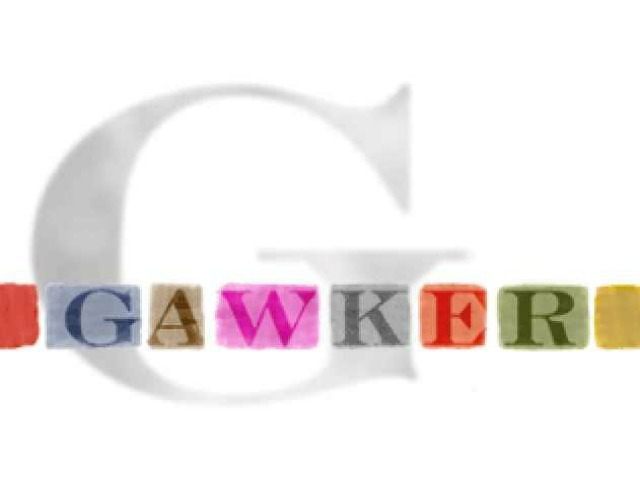The editorial staff at Gawker Media has become the first digital newsroom in the country to unionize, with 75% of voters agreeing to be represented by the Writers Guild of America, East if collective bargaining should be necessary. Gawker’s staff said they will be “determining what we want to bargain for; forming a bargaining committee; and negotiating a contract.”
Of the 118 staff members, 107 voted, with 80 in favor and 27 against when asked, “Do you wish to be represented by the Writers Guild of America, East for purposes of collective bargaining with Gawker Media?”
According to The Wrap, Lowell Peterson, executive director of the WGAE, said delightedly:
As Gawker’s writers have demonstrated, organizing in digital media is a real option, not an abstraction. People who do this work really can come together for their own common good. The WGAE, Gawker’s writers, and the company’s management share a commitment to journalistic integrity and creative freedom. We are eager for Gawker’s editorial staff to join our creative community, and we are eager to negotiate a fair contract.
One staff member, given the chance to respond last week when Gawker asked employees what they thought of the prospective union-joining, argued, “Working for this company is incredible, and we’re in a very good place right now. But we also exist in a bubble. When it bursts, I’d like us to have fair labor practices in place to protect everyone and provide for them in the event of ‘downsizing.’” She continued by detailing Gawker’s needs:
[We need] consistent salary minimums for each position, a regular and equitable way of addressing raises, and a system for approving any changes to our health plan, so those changes can’t happen unilaterally. We need a grievance structure in place, in case we’re ever working for people who aren’t as cool as Tommy Craggs and Lacey Donohue. As more of us start families, we need a way to change policies like maternity and parental leave in the event that those policies don’t serve everyone equally well.
Those opposing the coalition with the WGAE expressed their misgivings about the Guild’s ability to help Gawker unionize.
In 1978, roughly 20 percent of the newspaper industry was unionized. Howard Stanger, who studies labor relations at Canisius College, estimated that less than 7% are unionized in the private sector today. Between November 2012 and July 2014, editorial and production staff at Southern California Public Radio in Pasadena, dual licensee KPBS in San Diego, Chicago Public Media, and WYPR in Baltimore petitioned for representation by the union SAG-AFTRA.

COMMENTS
Please let us know if you're having issues with commenting.